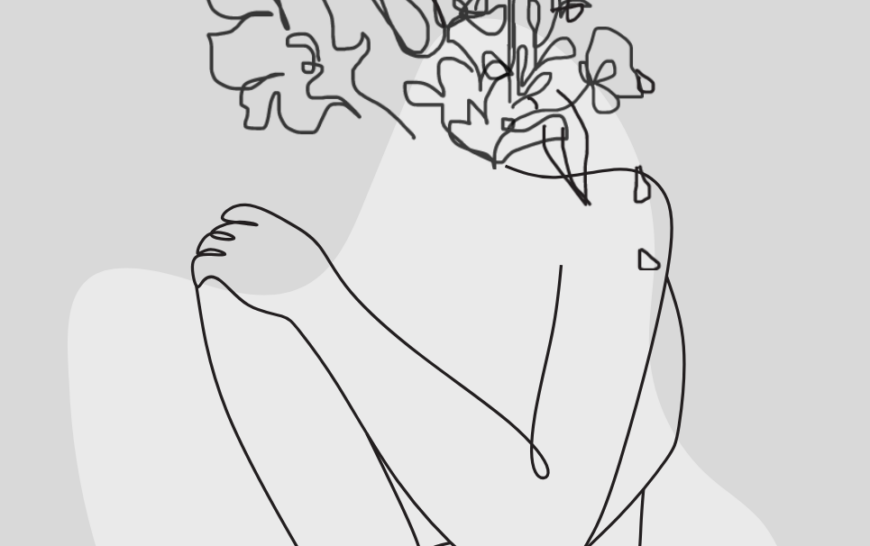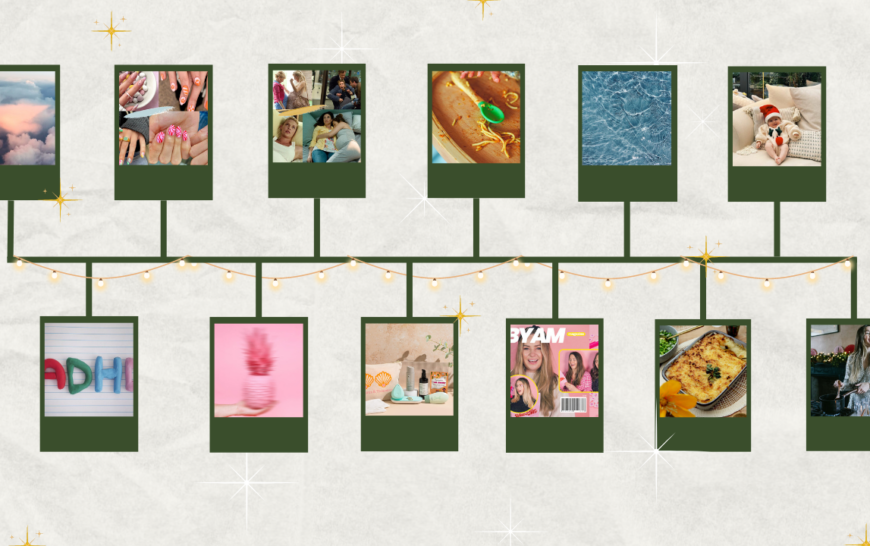
Cultivating Your Internal Garden ~ An Introduction to Gardening for the Mind
We spoke to Anne-Laure Le Cunff, Founder of Ness Labs, a platform dedicated to mindful productivity, to find out more about harnessing the power of mind gardening to cultivate creativity and tend to an overworked - or overgrown - mind.
This article is a guest post written by Anne-Laure Le Cunff, Founder of Ness Labs.
In an era of information overload and passive consumption, our brains can often feel overwhelmed and overworked, cluttered with random thoughts and countless images we’ve seen whilst mindlessly scrolling social media. The mental burnout is real!
Enter: mind gardening – a concept that embraces the practices of gardening such as cultivating, nurturing and pruning, in order to create a more mindful approach to the way we engage with the world around us and the content we consume.
We spoke to Anne-Laure Le Cunff, Founder of Ness Labs, a platform dedicated to mindful productivity, to find out more about harnessing the power of mind gardening to cultivate creativity and tend to an overworked – or overgrown – mind.
Mind Gardening 101:
I came up with the concept of mind gardening a few years ago. In French, we have an expression that means to tend to your internal garden – “cultiver son jardin intérieur”. There’s also this quote from one of my favourite authors:
So plant your own gardens and decorate your own soul, instead of waiting for someone to bring you flowers.
Jorge Luis Borges
When I think about how we should take care of our mind, the garden metaphor feels perfect: taking care of your mind involves cultivating your curiosity (the seeds), growing your knowledge (the trees), and producing new thoughts (the fruits).
The Essentials:
Instead of letting weeds grow in your mind garden, you need to be intentional about the content you consume, and decide what to plant in your mind, and what’s not serving you. That can mean curating your feed on social media, spending more time with people with whom you have great conversations, or choosing to spend an evening reading a good book instead of watching a TV show.
Instead of just passively consuming other people’s ideas – you need to engage with what inspires you.Anne-Laure Le Cunff
To make sure you remember the things that matter to you and inspire you, it’s important to proactively plant those seeds in your mind. Note-taking and journaling are great ways to do this. It can be a quick note on your phone or writing it in your journal. Finally, to grow your knowledge and produce your own ideas – instead of just passively consuming other people’s ideas – you need to engage with what inspires you. Connect those ideas together, write your own little tweets or Instagram posts or poems… It doesn’t really matter what format you choose, as long as you make sure you’re not just a collector, but also a creator.
Why is it important to tend to your mind garden?
Tending to your mind garden will allow you to have a more mindful approach to the way you engage with the world around you. It puts you back in control of the ideas that live in your mind, and can help reduce the sense of overwhelm we have in today’s hectic environment. Mind gardening means that you get to make sense of the world and contribute your own original ideas – yes, things are chaotic, but you can still create your own little haven of creativity and mindfulness.
Increase productivity and creativity:
There are lots of books that describe productivity as something mechanical, where you need a rigid system that forces you to do the things you’re supposed to do.
Mind gardening, in contrast, embraces the messy nature of reality.Anne-Laure Le Cunff
Mind gardening, in contrast, embraces the messy nature of reality. Things change all the time, and that includes your goals, your interests, and even your tastes. Depending on the current context, you can decide to plant different seeds and grow different ideas. In today’s world, that will make you a much more flexible person, which will contribute to your productivity and your creativity. Instead of just passively consuming content and churning tasks, you’ll be able to explore new ideas, connect the dots, and become the person in the room who’s often contributing original ideas.
A tool for mindfulness:
Mind gardening is just another tool you can add to your mindfulness toolbox, alongside other great tools such as meditation and journaling. It’s specifically designed to deal with information overload, which some of the older tools – which are still great – don’t directly address.
Embrace the ‘seasons’ like a true gardener:
Sometimes, you’ll have lots of energy, and this will translate into high levels of curiosity – reading lots of books, listening to podcasts, taking notes and writing. But, just like you need to let the soil replenish its nutrients and gardens go into “sleep mode” during the winter, it’s also important to listen to your body when your energy levels are lower.
You don’t always need to be at your most productive and creative. It’s okay to take a break. Just like seasons, your energy levels will change and fluctuate, and soon enough Spring will be back again.
Anne-Laure Le Cunff




